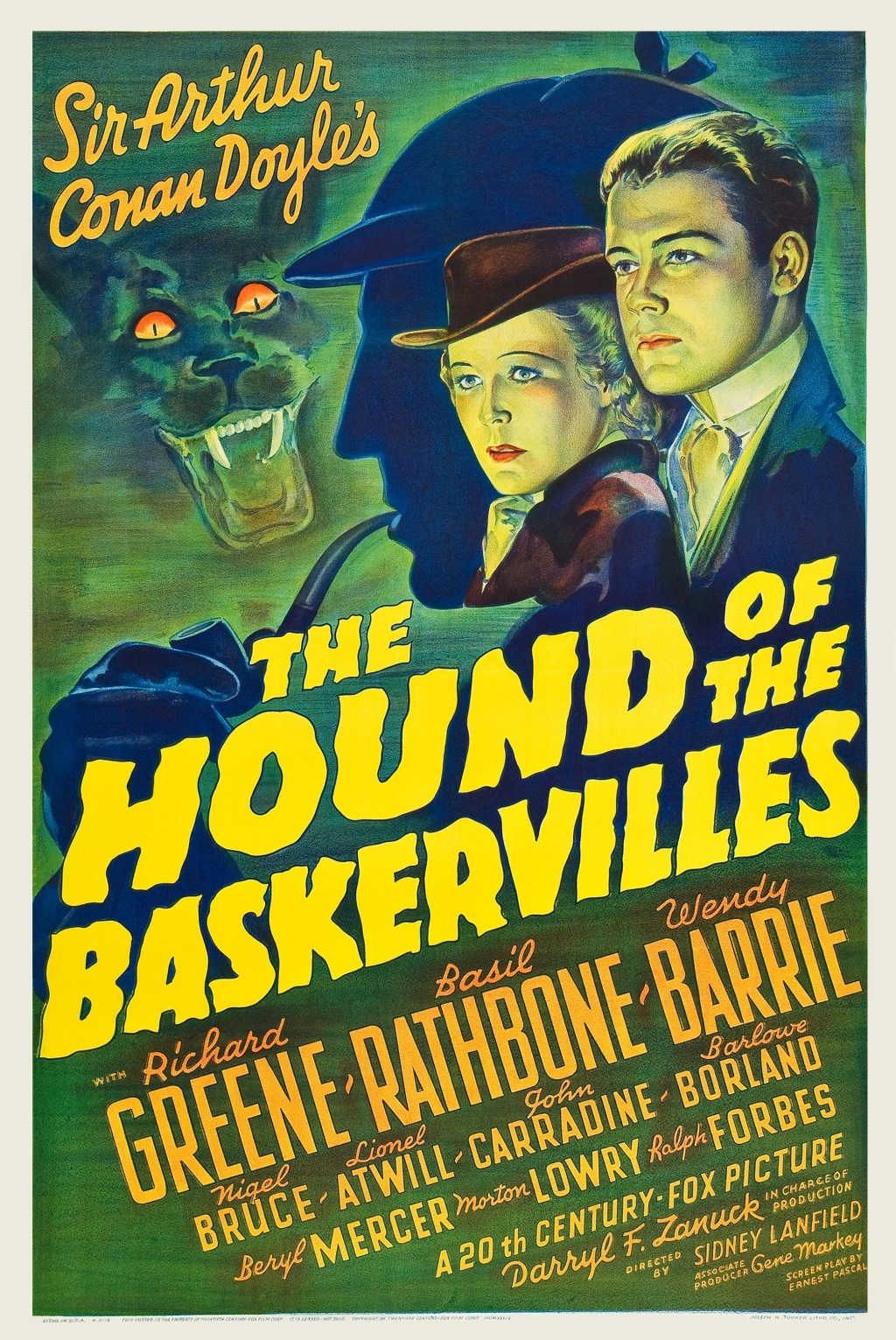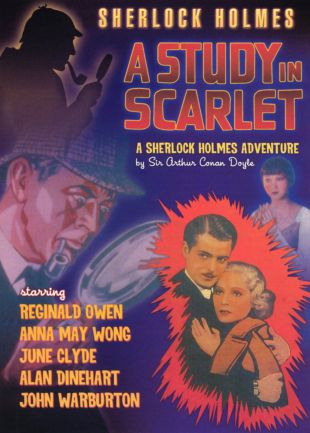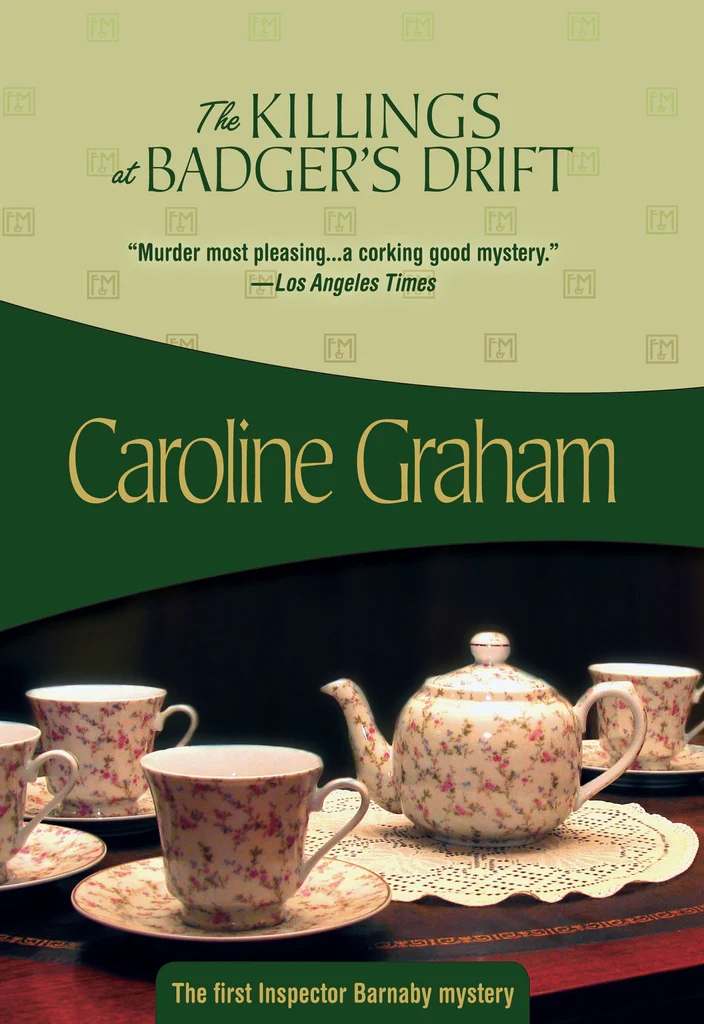
Henry Wade
Originally Published 1953
One of the informal goals I have set myself for this year is that I would like to read a sizeable number of inverted mysteries with the ultimate aim of creating a top ten list as suggested by Ben from The Green Capsule in a comment on my Portrait of a Murderer review.
Henry Wade’s Too Soon To Die is unlikely to be near the top of that list although it is an interesting effort. One of the things I have been really pleased to discover reading within the subgenre is that there is so much variation and here we see a criminal planning a tax scam. No sign of a murder victim in sight! Well, not at first…
Colonel Jerrod belongs to a very old and utterly undistinguished family. While the family estates have been slowly diminished as lands are sold off and businesses become unprofitable, the Jerrods have always taken pride in their continued ownership of their ancestral home, Brackton Manor. For that reason we learn that in the final days of the war Colonel Jerrod had begun a process to shift ownership of the Manor to his son, Grant, to avoid the need to pay duties on the home upon his death. All he would have to do is live for five years after signing over the property, his son would be able to avoid paying any taxes on the transfer and the Jerrods would ensure that the property remained in family hands for another generation.
At the point where the novel begins however we discover that Colonel Jerrod has received some crushing news. He has a fatal form of cancer and cannot expect to live long enough to meet that deadline. Grant suggests that there may still be a way to avoid the taxes if his father is willing to engage in a little deception and the two plot a way of making it seem that Colonel Jerrod is still alive until enough time has passed that those pesky taxes can be avoided.
This is a strong starting point for a story and I certainly found the first part of the novel to be interesting as we watch the Colonel and his son move the various elements into place that they plan to use to pull off their scheme. Unlike many of these inverted crime novels, the author does not try to convince us that this is a flawless scheme and the attentive reader will notice a few obvious loose ends and questions that investigators might have if they are able to start asking the right questions.
At this point you may be wondering how and why this will justify being part of the Murder Room imprint. After all, the crime described above seems largely one of fraud. While I am always cautious to avoid spoiling a story, I will say that a murder does take place within the narrative although I actually missed it at first as it is inferred that it will happen rather than explicitly shown taking place. I realized that I had missed something a chapter or two later and tracked back to reread the critical paragraph and, in doing so, noticed the double meaning of a phrase but I think that moment is far from clear and so I found it lacked the impact it deserved.
The remaining two thirds of the book is devoted to the investigation, initially conducted by an Examiner from the Estate Duty Office of the Commissioners of Inland Revenue. While the inquest seems to put Grant in the clear, that Examiner is determined to make a name for himself and finds the timing somewhat suspicious. I found this initial phase of the investigation to be quite interesting and somewhat along the lines of an Inspector French case. We have a doggedly determined investigator reviewing evidence and noticing small inconsistencies and while his work is not flashy, I did think Wade does a good job of showing how he could begin to piece the events together and those procedural elements are very solid.
While the investigations are interesting enough, if a little dry, the problems I have with the book lie mainly in the sections told from the perspective of Grant Jerrod. The more I read inverted crime novels, the more I come to believe that they can only be as interesting as their criminals and Grant is not only unsympathetic but also tiresome and a little dull. There is no challenging moment for the reader where they may find themselves feeling a little sympathetic for his plight or hoping he may perhaps elude the investigator’s grasp but nor is he cunning enough to be the sort of villain you are aching to see brought to justice. He is just a rather unpleasant, sad figure whose unhappiness is entirely of his own making.
Making matters worse, some of those sections feature some very awkward attempts at writing sweeping, breathless, passionate dialogue that must have seemed old fashioned even when this was first published. These passages not only felt hokey and unconvincing, they significantly slow down an already quite leisurely paced investigation.
As I finished the book I was struck with a feeling that Wade got lost somewhere along the way. He had a striking starting point for his story but he did not seem to know how he was planning to end it. In the final few chapters Wade works to build towards some sense of a thematic conclusion but here, once again, the construction seems clumsy as though he is fighting where his narrative and the characterization of his villain is leading him.
His response is to try to introduce a sense of hope into those final chapters by presenting the reader with a significant development but it not only feels clumsy and forced, it also doesn’t feel quite true to the way Grant’s character has been established up until that point. I seriously question whether Wade had planned out that ending from the beginning as, if he had, I think there were better ways he could have foreshadowed and built towards it and I think with some further revision and clarification of theme the work might have been far stronger.
I think if I were to sum up my feelings about this book it would be that it is a missed opportunity. Wade has some clever and original ideas while the procedural elements are quite effective. The problems reside in the character of Grant and, unfortunately, I found the character neither interesting or convincing. I think there were some good ideas though and the novelty of the initial crime planned does at least making it an interesting read, even if it never quite satisfied.
Vintage Mysteries Challenge: Retired from or in the armed forces (Who)




Leave a comment